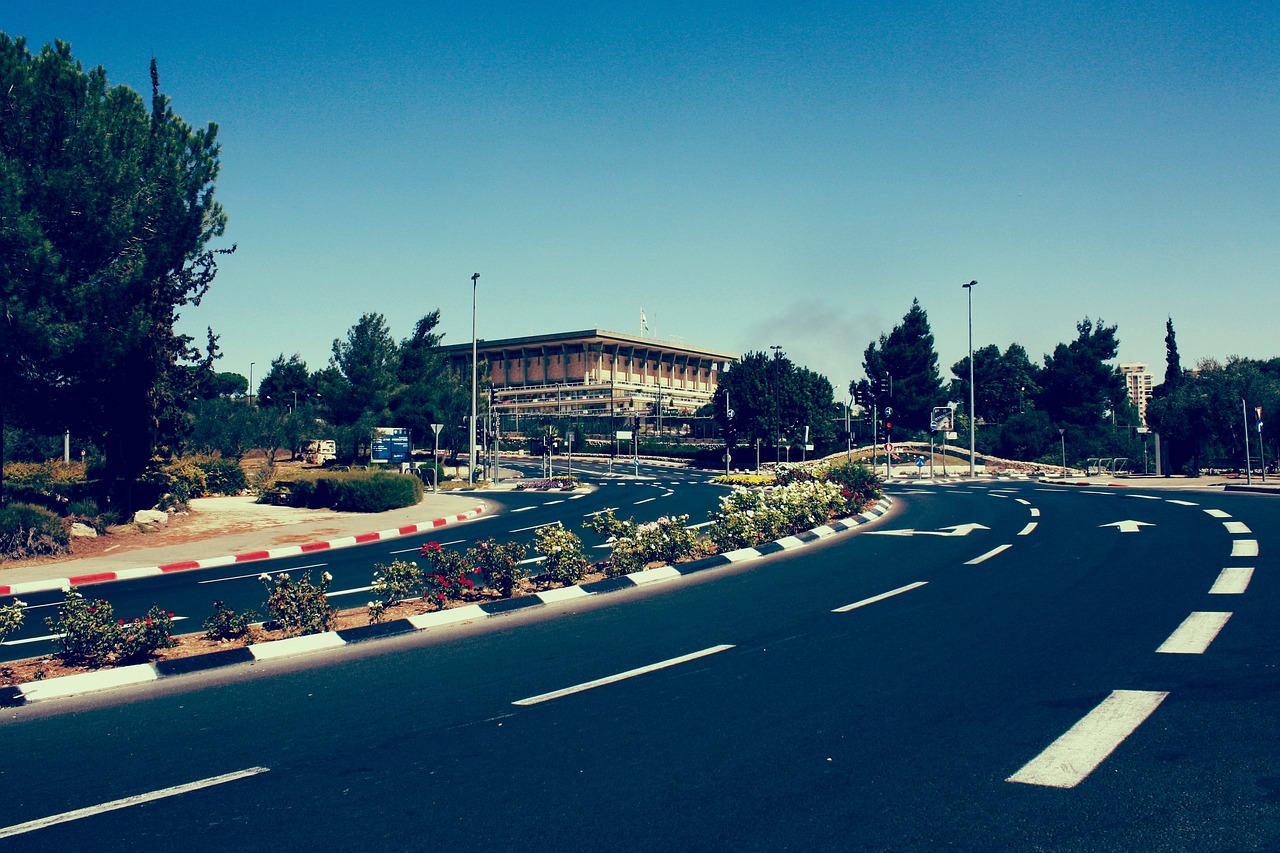Blue and White platform
The Blue and White alliance in Israeli politics was formed in 2019, just
months before the general elections. It brought together three major
political parties – the Israel Resilience Party, Yesh Atid, and Telem –
with the aim of unseating long-time Prime Minister Benjamin Netanyahu
and his Likud party.
The
name Blue and White is a nod to the colors of the Israeli flag,
symbolizing unity and national pride. But beyond the symbolism, the
alliance has a clear political platform that has gained significant
support among Israeli voters.
One of the main pillars of the Blue
and White alliance is their promise to restore integrity and morality
to the country’s leadership. Israeli politics has been marred by
corruption scandals in recent years, and the alliance believes that it
is time for a change. They have vowed to enact strict ethical standards
and transparency measures in government.
In terms of foreign
policy, the Blue and White alliance is committed to maintaining Israel’s
security while also working towards a two-state solution with the
Palestinians. They believe in a strong military but also understand the
importance of diplomacy and negotiation in resolving conflicts. This
approach has appealed to both moderate and left-leaning voters who are
tired of the current government’s hardline stance.
The alliance
also focuses on social and economic issues, with a particular emphasis
on bridging the socioeconomic gaps within Israeli society. They have
proposed measures such as increasing the minimum wage, providing
affordable housing solutions, and investing in education and healthcare.
These policies have resonated with the middle and working class, who
have been struggling with the rising cost of living in Israel.
Environmentalism
and sustainability are also key tenets of the Blue and White alliance.
They have promised to prioritize green energy and reduce Israel’s
reliance on fossil fuels. They also plan to protect and preserve natural
resources, such as the Dead Sea and the Sea of Galilee, and address the
issue of pollution in major cities.
Another significant aspect
of the alliance’s platform is their commitment to promoting equality and
diversity in the country. They have pledged to combat discrimination
against minority communities and support LGBTQ+ rights. This stance has
garnered support from liberal and progressive voters who have felt
marginalized under Netanyahu’s leadership.
However, the Blue and
White alliance has also faced criticism and skepticism. Some believe
that it is a temporary alliance built solely to defeat Netanyahu, with
different agendas and ideologies that could lead to internal conflicts.
Others question the lack of a clear leader within the alliance, with
former military chief Benny Gantz and politician Yair Lapid both vying
for the position of Prime Minister.
Despite these challenges, the Blue and White alliance has emerged as a strong contender in Israeli politics.
In the 2019 general elections, they won the most seats in the Knesset
(Israeli parliament), but were unable to secure a majority. This led to a
stalemate and a second round of elections in 2020, where they once
again won the most seats and attempted to form a coalition government
with other parties. However, this attempt failed, and the country was
forced to hold a third round of elections in 2021.
In the 2021
elections, the Blue and White alliance joined forces with other parties,
including the Labor Party and Meretz, to form the “Change Bloc.” This
coalition ultimately succeeded in unseating Netanyahu and forming a new
government, with Naftali Bennett as Prime Minister and Yair Lapid as
Foreign Minister.
In conclusion, the Blue and White alliance has
outlined a comprehensive platform that addresses various issues in
Israel’s social, economic, and political spheres. Their success in the
recent elections shows that there is a significant portion of the
Israeli population who want a change from the current government’s
policies and leadership. It remains to be seen how the alliance will
navigate the challenges of governing and whether they will be able to
deliver on their promises, but for now, it marks a new era in Israeli
politics.
